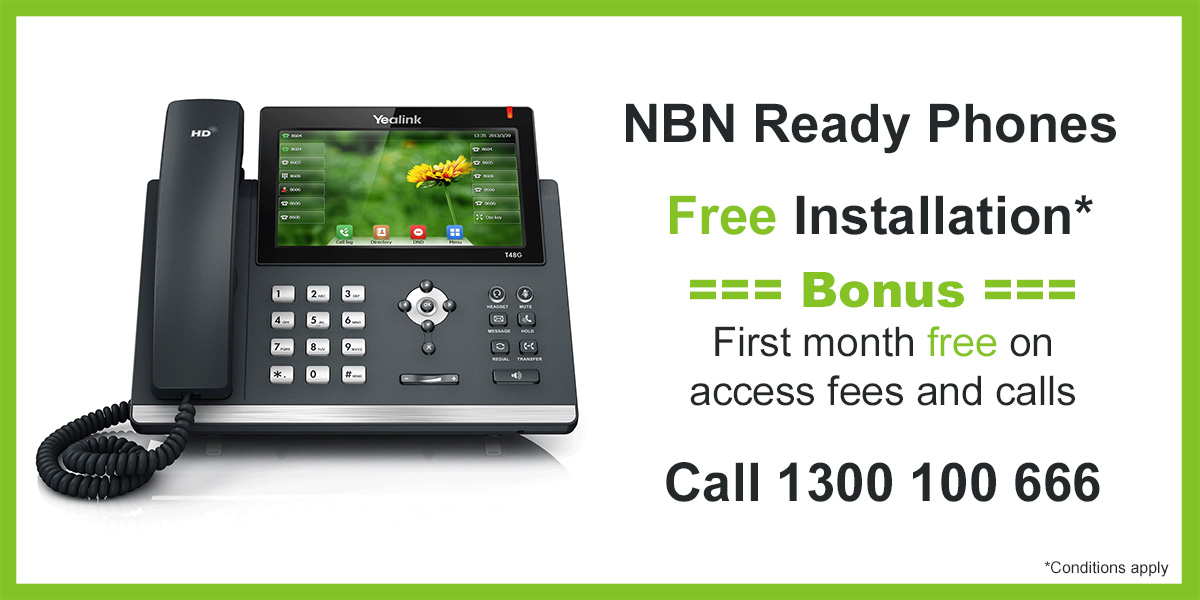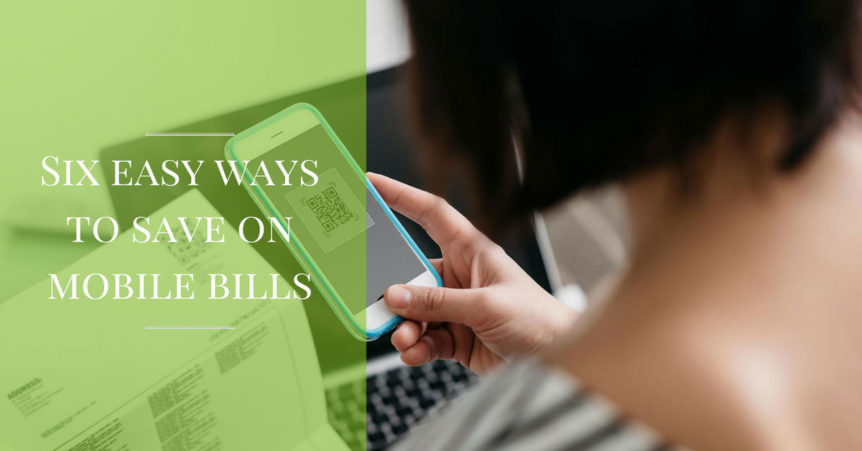Reducing your mobile phone bills isn’t difficult. It just requires a bit of homework to understand your usage and the traps and benefits in your plan.
Given the complexity of mobile plans, it’s hardly surprising that many of us are spending more on our phones than we should. Fortunately, Inspired Communications have put together six easy ways to save on mobile bills, that every business should know.

1. Pick a plan with the right inclusions
Match plan inclusions to what you actually use. If you don’t send many texts or make many calls, an unlimited plan may be overkill.
If you mainly receive calls and use little or no mobile data, go a step further and consider prepaid. Long-expiry recharges can keep you connected at a low monthly cost. But keep a recharge voucher number on hand so you can top up whenever you need to because your balance can run down rapidly when you do make a call.
Shop around, and don’t limit your search to Telstra, Optus and Vodafone – companies such as Amaysim may have plans that suit you (though many of them are not available to business customers), and their services run on the big three networks. The same goes for sub-brands such as Virgin Mobile (which is part of Optus). Remember you can port your existing number to a different carrier.
Don’t make a decision based on price and inclusions alone. Coverage is important, so you want to be on a network that provides good service in the areas you frequent. If you don’t get the service that the coverage maps suggest, features such as Vodafone’s ‘Network Happiness Guarantee’ may provide you with a way of getting out of a plan without penalty.
2. Beware of per-MB metering
Per-megabyte metering for data isn’t very common, but it does make your monthly allowance disappear more quickly.
If your data usage is measured in 1MB chunks rather than 1KB chunks, you’re likely to miss out on a lot of your quota. Imagine you switch on your phone and it downloads say 100KB of email, which you read and then switches off again. With 1KB charging, that counts as 100KB, but with 1MB charging it counts as 1MB – ten times more.
Remember that a ‘session’ may be deemed over if your connection drops out (even though that’s not under your control) or just because there hasn’t been any data traffic for a while.
Most current plans use per-1KB charging but check the terms and conditions if you’re on an old plan and before signing up for a new one.
3. Keep tabs on data
Monitor your data use – both iPhone and Android include tools to help you with this. On plans with automatic top-ups, consider cutting back if necessary to avoid going into the next $10 block right at the end of the charging period, or, for other pay-as-you-go plans, consider buying an extra block to avoid being slugged with relatively high marginal data charges.
If you know you’re going to need more than 1GB of additional data within the validity period, you may be able to save by committing in advance. For example, data packs for Amaysim’s As You Go plan start at $9.90 for 1GB with 30-day expiry, but 2.5GB costs $19.90 and 4GB costs $29.90 – both of which are a useful saving on the $10 per 1GB charged by the major carriers.
Alternatively, if you use mobile data infrequently, irregularly and relatively sparingly, a long-expiry pack may be more convenient and reduce your total expenditure even if the per-gigabyte price is somewhat higher.
That sounds contradictory, but it works because you end up using more of the data you’ve paid for. For example, Amaysim’s 30-day data packs are automatically renewed as they expire, so you’ll pay approximately $120 a year for 1GB per month. But the 10GB/365-day pack only costs $99.90, so that’s a better deal if you use, say, 1.5GB every other month because of your travel pattern.
Similarly, Telstra has a 5GB/365-day prepaid recharge for $50, or a 16GB/730-day for $140. Again, these aren’t right for everyone but are worth considering if you use mobile data infrequently and you don’t want to worry that your recharge has expired when you come to use it.
4. Sharing is caring
Business plans often allow the data allocation to be shared between devices on the same account. This makes it easier to use more of the data you’re paying for each month and to avoid paying excess data charges. Consider three partners in a business, each typically using around 3.5GB out of a 4GB plan. With shared data, any one of them could go up to 5GB in a particularly busy month without spending any more money.
5. Consider using your landline
If you’re on a pay-as-you-go plan, it’s usually cheaper to make calls from a fixed-line phone and almost always cheaper if you use a VoIP service over a fixed-line broadband connection. Conversely, unlimited plans mean you should normally avoid using other services because the marginal cost from the mobile phone is zero.
Avoid using mobile data unless you have to. If you have Wi-Fi access at home and at work, use that instead. While there are usually settings to control whether software updates are downloaded only via Wi-Fi, turning off mobile data (also known as cellular data) is quick and simple. With an iPhone, you can control individual apps’ access to mobile data, and Android lets you restrict an app’s background data use to Wi-Fi, so at least you know when it’s using mobile data.
6. Hold on to your handset
Do you really need to upgrade your mobile phone every year? If not, sweat that asset and delay the purchase until either your old phone no longer does the job or a new one will provide new capabilities that are of value to you. When it is time to buy, make a conscious decision about buying a phone outright or on a plan.
Say you want a 16GB iPhone 6s. Telstra will charge you $100 a month over 24 months (that is, $2400) including unlimited voice calls and 6GB of data (an offer at the time of writing boosts that to 7GB). Buying the phone outright from Apple costs $1079, so you’ll be ahead if you can find an equivalent SIM-only plan for less than $55 a month.
And you can: Optus charges $40 for unlimited talk and 6GB of data (currently 7GB for the first 12 months). At Vodafone, $50 a month currently gets you unlimited calls and 10GB of data (usually only 4GB, though don’t overlook Vodafone’s $5 roaming if you frequently travel overseas). But as we said above, there can be more to the story than just price and inclusions.
Then again, there are situations where a plan is cheaper than buying outright. The iPhone 6s handset repayment is $30 a month over 24 months in conjunction with that Optus $40 plan, which means the phone costs $720 instead of $1079.
Bear in mind that when you buy a phone on a plan, you’re usually locked into that carrier and plan for a couple of years. Buying your own phone means you can go month-by-month, which can be slightly more expensive but makes it easier to switch if there’s a change in the market or in your pattern of use.
Conclusion
With unlimited voice and SMS plans available for as little as $30 a month, there’s not much room to save money on that part of the cost unless you’re a very light user, so it’s probably not worth putting too much time and effort into chasing the best possible deal for a single phone. But the more phones that your business uses and the more data they each consumed, the higher the stakes become.





